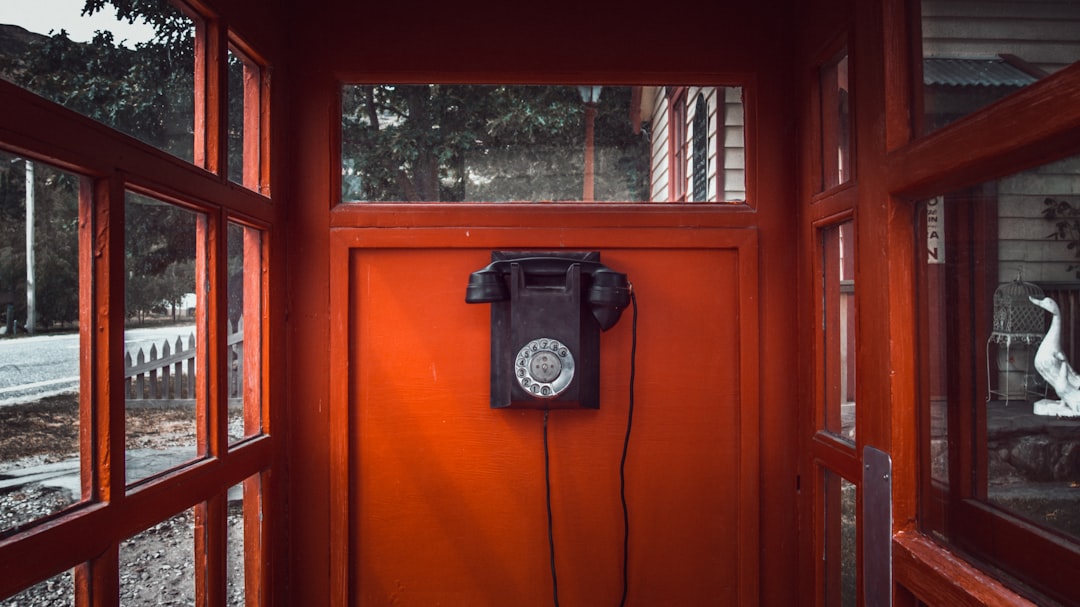In Rhode Island, "do not call" laws protect consumers from unwanted telemarketing, especially for home improvement services. Charlestown takes a proactive stance by enforcing these laws with help from state and local authorities, reducing intrusive marketing calls significantly. Consumers can protect themselves by consulting with a local "do not call" legal professional, while businesses should engage with a do-not-call lawyer or attorney to draft compliant policies, avoid penalties, and respect privacy. Key terms: Do not call Lawyer Rhode Island, Do not call attorneys RI, do not call law firms RI.
Charlestown, Rhode Island, takes a proactive stand against aggressive sales tactics with its stringent enforcement of Do Not Call laws for home improvement services. This article delves into the legal framework surrounding these regulations in the state and examines Charlestown’s role in protecting residents from unwanted telemarketing. We explore consumers’ rights and provide valuable insights for home improvement companies on navigating compliance, featuring top RI do not call lawyer expertise to ensure fair practices. Discover how Charlestown is revolutionizing consumer protection.
Understanding Do Not Call Laws in Rhode Island: A Legal Perspective
In Rhode Island, “do not call” laws are designed to protect consumers from unwanted telemarketing calls, especially those related to home improvement services. These laws are enforced by both state and local authorities, with Charlestown taking a proactive approach in ensuring compliance. Understanding these regulations is crucial for both businesses operating within the state and consumers seeking to avoid intrusive marketing practices.
A “do not call” lawyer or attorney in Rhode Island plays a vital role in guiding businesses on navigating these laws. They assist in drafting and implementing policies that respect consumer privacy while allowing legitimate business outreach. Moreover, they help companies stay compliant to avoid penalties, ensuring their marketing strategies align with the state’s legal framework. For consumers, knowing their rights under these laws is essential; consulting with a local do not call lawyer or attorney in Rhode Island (or a reputable law firm) can provide clarity and protection against abusive telemarketing practices.
Charlestown's Role in Enforcing These Regulations
Charlestown plays a pivotal role in enforcing do-not-call laws for home improvement services in Rhode Island. As a bustling city with a vibrant community, Charlestown takes seriously the protection of its residents from aggressive sales tactics. The local authorities collaborate closely with state regulators and do-not-call law firms, such as those based in Rhode Island, to ensure compliance. This collaborative approach includes regular inspections, random audits, and swift penalties for violators, making it a game-changer in the fight against unwanted telemarketing calls.
The city’s proactive stance has significantly reduced instances of residents being bothered by unwanted calls from home improvement companies. By empowering citizens with knowledge about their rights and providing clear channels to report violations, Charlestown fosters an environment where do-not-call regulations are respected. This not only protects the peace and quiet of its citizens but also strengthens the city’s reputation as a place that values consumer rights and privacy.
Rights of Consumers and Strategies for Home Improvement Companies to Comply
In Rhode Island, consumers have the right to enforce do not call laws and protect themselves from unsolicited sales calls, especially regarding home improvement services. These laws empower individuals to prevent unwanted telemarketing or door-to-door sales pitches that often pressure them into making impulsive decisions. A do not call lawyer in Rhode Island can guide both parties on navigating these regulations effectively.
Home improvement companies must adhere to specific strategies to comply with the do not call laws. This includes obtaining explicit consent from customers before initiating calls or visits, maintaining comprehensive records of interactions, and providing a clear and easy opt-out mechanism during initial contact. Companies should also ensure their employees are trained on these regulations to avoid penalties for non-compliance, which can include substantial fines and damage to the company’s reputation. Engaging with consumers through various channels like email, social media, or mail can help businesses reach a wider audience while respecting individual privacy rights.






